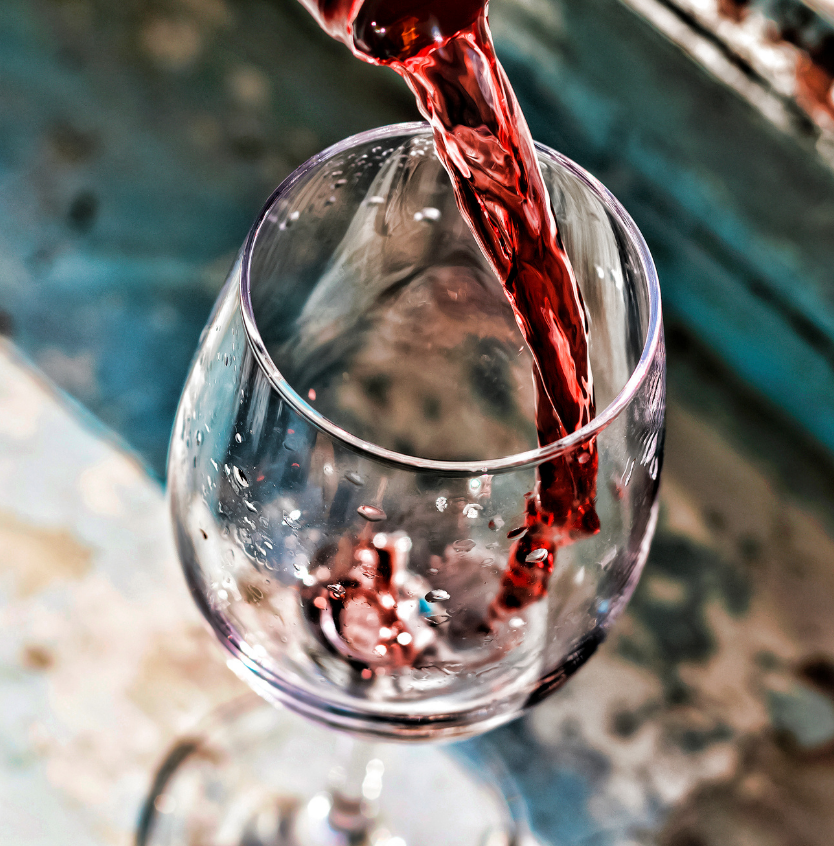The Unwanted Effects of Alcohol on your Mouth
As we move into July, many people will be considering the challenge of ‘dry July’ and ditching the drink for a solid month. For some, this is to raise money for a good cause, for others, it is just about a healthy change or taking control. Even if you aren’t embarking on this challenge, some of the embarrassing and unwanted effects of alcohol on your mouth might be of interest so you can avoid these for yourself.
Many people will have had the experience of a sore head the day after the big night before, but it’s not just this sort of drinking that can leave your body worse for wear. Over time, consumption of alcohol can leave its mark on our teeth and this article helps to explain some of the causes and solutions that can be considered.
Staining
Alcoholic beverages can have natural or added colours that make them appealing. However, it doesn’t take too long for this to work its way into the porous surface of our teeth. Just as red wine and mixed drinks stain the lips and tongue, so too can they stain the teeth.
This tooth staining is often quite easily removed with a combination of home care products and periodic professional cleaning. However, if this stain is left to build up over time, it can result in a general yellow/grey tinge to the teeth that can have an ageing effect on the appearance. If this is of concern, a deeper cleaning of the internal structure of the tooth is required, and this is achieved through whitening treatments that can penetrate the tooth further and break down the staining molecules.
Acid Wear
Most alcoholic drinks are somewhat acidic. Acids in the mouth can act like waves on a rock, slowly breaking down the surface and in some instances, making ‘caves’. Over time, this acid damage can lead to shortening of the teeth as the protective enamel becomes thin and then disappears altogether.
A simple way to see this can be to look at the top surface of the lower front teeth where you would bite. This can be an indication of acid damage, often in combination with grinding (‘attrition’). If we can catch this early, it is often very simple to address the cause and seal these areas with a resin that will protect the tooth. However, if excessive wear occurs, sometimes ceramic materials need to be used to replace the lost tooth structure for strength and longevity.
Oral cancer
Not all oral cancers are caused by alcohol consumption and it is important from the outset to state that if you know someone who has had oral cancer, this is not necessarily alcohol related.
However, we know that oral cancer, like many other cancers, is an increased risk for people with alcohol consumption as a lifestyle factor. These can present as lumps, bumps and ulcers in the mouth, and often (but not always) have a mixed red and white appearance. Oral cancers when detected early have a good chance of being managed without extensive surgery.
For this reason, an oral cancer check is part of every dental examination provided by most dentists. Surgery to the head and neck can be debilitating and devastating for the person who is suffering and for their loved ones. Facial reconstructive surgery is improving all the time, but it’s still a prospect we’re eager to avoid altogether through our simple checks that occur at each dental examination.
In summary, alcohol can sometimes leave us with more than a sore head or embarrassing story! The effects of alcohol in the mouth can usually be addressed easily through an honest conversation, some clever planning and some simple interventions. Catching things early gives us a better chance of offering simple solutions, and if you are noticing any of these changes in your mouth, it’s a good idea to visit your dentist to provide non-judgemental advice.
To learn more about how alcohol may be affecting your oral health check out our article Alcohol Consumption and Oral Cancer.
If you are concerned by mouth or throat cancer, or to have your oral health checked by Dr Kate Amos or Dr Sam Rosehill at Ethical Dental in Coffs Harbour or Dorrigo call 6652 3185 or book online.

